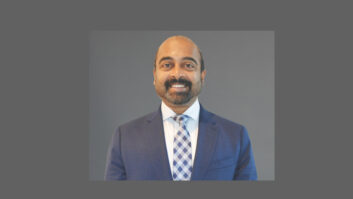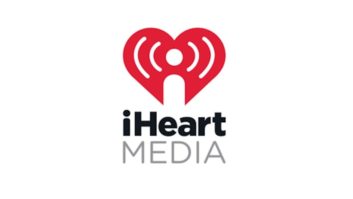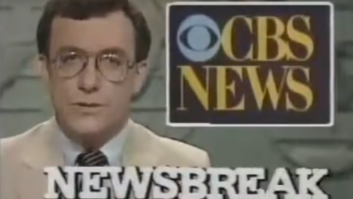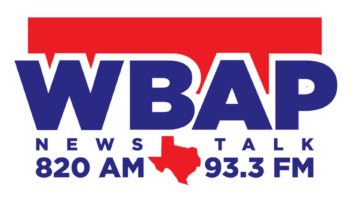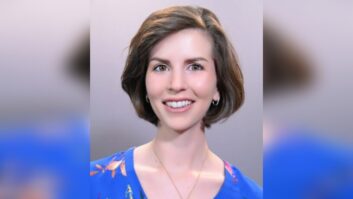
Gregor Hochmuth The following surreal content was never broadcast on National Public Radio, but can be heard online. “From NPR News in Washington, I’m Lakshmi Singh. The U.S. unemployment rate has spawned tornados in a volatile area of South Korea’s southern coast.”
The place where you can hear this garbled NPR content — and make up your own using snippets of real audio — is “Don’t Play With Your News” (http://dont-play-with-your-news.com/), an online puzzle game invented by artist and engineer Gregor Hochmuth.
This project features six years of archived NPR newscasts that have been cut into 1,148,916 short clips, each containing three to five words. Each clip is represented onscreen as a piece of paper, akin to the message found inside a fortune cookie. Using the site’s clip selection unit, anyone can drag-and-drop these NPR snippets to create normal-sounding yet somewhat illogical (and occasionally ironic) news briefs.
WHY AND HOW HE DID IT
The “Don’t Play With Your News” puzzle game is one of three NPR clip-based audio projects hosted online by Hochmuth, under the general category “Breaking the News.”

Hochmuth’s “Don’t Play with Your News” project allows users to mix and match audio/text snippets from NPR newscasts to provide novel, amusing and insightful combinations.
Credit: Gregor Hochmuth
The title explains Hochmuth’s artistic (and often amusing) mission: He is breaking open NPR’s radio newscasts to reveal truths about the ways listeners unconsciously accept newscasts as authoritative, with no thought to how this content shapes the listeners’ world views. Like playing with your food as a child, playing with your news is something listeners are implicitly forbidden from doing, thanks to the linear, one-way nature of radio broadcasting.
“I grew up listening to NPR news, and I still do today,” said Hochmuth, a former engineer at Google, Instagram and Facebook, who gave up the West Coast tech life in favor of becoming a New York-based multimedia artist.
“It struck me how accustomed I had become to accepting whatever was being said by NPR’s calm, measured newsreaders as objective facts. That’s where I got the idea to break up the casts into clips — using tens of thousands of MP3 files downloaded from NPR’s podcast archives — and then making it possible for people to rearrange the clips and extract their hidden, unintentional but influential meanings”
This was no mean feat. To make sense of NPR’s audio clips without having to listen to them and take notes, Hochmuth used a voice-to-text translation computer-based system.

The onscreen instructions for launching Gregor Hochmuth’s “Truth & Quantity” project
Credit: Gregor Hochmuth “I tried many versions, until I hit upon one made by IBM,” he said. “It translated the NPR audio files so accurately that I swear it must have been trained using these newscasts. I mean, the program even rendered obscure last names and place names accurately.”
From here, the newscast files were isolated down to and then categorized by specific NPR newsreaders, with Hochmuth’s own software breaking the sorted audio files into short, text-matched sound bites. Add the web-based editing interface — where the public can record and then email clip mashups to their email addresses — and “Don’t Play With Your News” was born.
The possibilities are, really, almost endless. Here are two more samples, with the breaks between snippets marked by forward slashes:
“From NPR News in Washington/I’m Korva Coleman./Congress has signed/a petition saying/Trump’s presence is not conducive/to the good of the country.”
“Bernie Sanders is in Iowa/today to replace unapproved/parts of government./He vowed to keep fighting/against a hostile takeover bid/from Kraft Foods.”
SILENCE AND NUMBERS
In addition to “Don’t Play With Your News,” Hochmuth has posted two other “Breaking the News” projects online. They are “Silent Sky” (http://silent-sky.com/) and “Truth & Quantity” (http://truth-and-quantity.com/).
“‘Silent Sky’ is an iPhone/Android app that edits together the various silences, pauses breathes, and other unspoken parts of NPR newscasts,” said Hochmuth. “About 5 percent of the newscast contain these silence, which have been broken up here into nearly 1 million very short clips. Every time a listener requests to hear ‘Silent Sky’ on their mobile, they receive a unique 30 second, multi-layered audio compilation from this clip database. No two are the same.”

Gregor Hochmuth’s “Truth & Quantity” project displays and plays the specific quantities of items reported on NPR daily.
Credit: Gregor Hochmuth “Truth & Quantity” takes a look at the numbers that underpin broadcast news stories, and define the level of importance listeners assign to the content they report. To do these, only the numbers and the nouns these numbers quantify are supplied in the lists generated by “Truth & Quantity.”
For instance, in March 2016, NPR’s newscasts mentioned 463 stores/two parties/nine points/490 delegates/131 points/30 cents/three rivals/four years/nine people/two decades/two towns… and the list rolls on from there. You can also choose a specific number and see/hear all the nouns associated with it. (In addition to the onscreen scrolling, “Truth & Quantity” offers downloadable MP3 files, plus weekly compilations posted on iTunes.)
“The numbers we hear associated to nouns on air helps define the importance we assign to the news stories we hear, and how we shape our view of the world,” said Hochmuth. “Focussing on these quantities specifically, and how they are framed, provides insights into what we’re hearing and how it may be affecting us.”
TRULY NEWSWORTHY
The insight-generating quirkiness of Hochmuth’s “Breaking the News” projects is catching a lot of people’s attention online, including NPR’s.
“Yes, they’ve contacted me about doing an interview,” said Hochmuth. “We’ve talked about doing something for ‘Weekend Edition,’ but so far nothing has been finalized.”
He added that he is not sure how NPR would portray the “Breaking the News” project on air. “I frankly don’t know how NPR feels about me harvesting their podcast archives because they haven’t said anything about yet,” Hochmuth said. “We’ll just have to see.”
In the meantime, “From NPR News in Washington/I’m Barbara Klein./Congress may need to take action/on every issue.”







